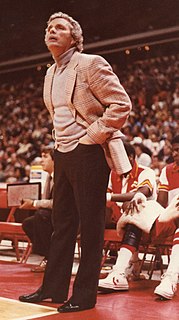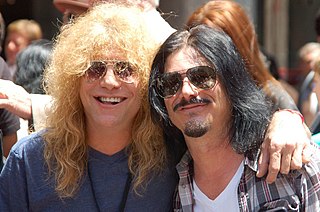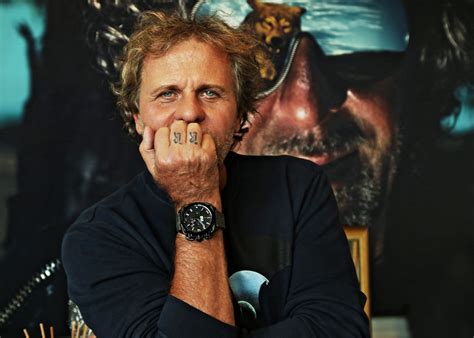A Quote by Ken Hakuta
I want the Wallwalker in the back of consumers' minds, but not actively thought about. When it returns, they'll react, 'Oh, there they are!' and they'll buy them again as impulse items.
Related Quotes
Mitt Romney was treated very unfairly. Mitt Romney didn't want to give his tax returns, because people don't understand returns that are complicated, and complex. And he didn't give it. He fought it, fought it, fought it, all the way into September. A month before the election, he gave his tax returns. And they picked out two items that were absolutely perfect. He did nothing wrong. And his returns are very much smaller than my returns.
In the morning was again distressed as soon as I waked, hearing much talk about the world and the things of it. I perceived the men were in some measure afraid of me; and I discoursed something about sanctifying the sabbath, if possible to solemnize their minds: but when they were at a little distance, they again talked freely about secular affairs. Oh, I thought what a hell it would be, to live with such men to eternity!
Consumers fall in love with a brand and it's important for a brand to develop and stretch itself to provide for their consumers. I don't suspect that a customer will walk into a store to buy a pair of jeans and end up buying a sofa, but it's about providing loyal consumers with a choice to create a lifestyle.
The trick is to keep exploring and not bail out, even when we find out that something is not what we thought. That's what we're going to discover again and again and again. Nothing is what we thought. I can say that with great confidence. Emptiness is not what we thought. Neither is mindfulness or fear. Compassion––not what we thought. Love. Buddha nature. Courage. These are code words for things we don't know in our minds, but any of us could experience them. These are words that point to what life really is when we let things fall apart and let ourselves be nailed to the present moment.
Always treat your employees exactly as you want them to treat your best customers. You can buy a person's hand, but you can't buy his heart; his heart is where his enthusiasm is. You can buy his back, but you can't buy his brain. That's where his creativity is. Treat employees as volunteers just as you treat customers as volunteers, because that's what they are. They volunteer the best parts - their hearts and minds.



































